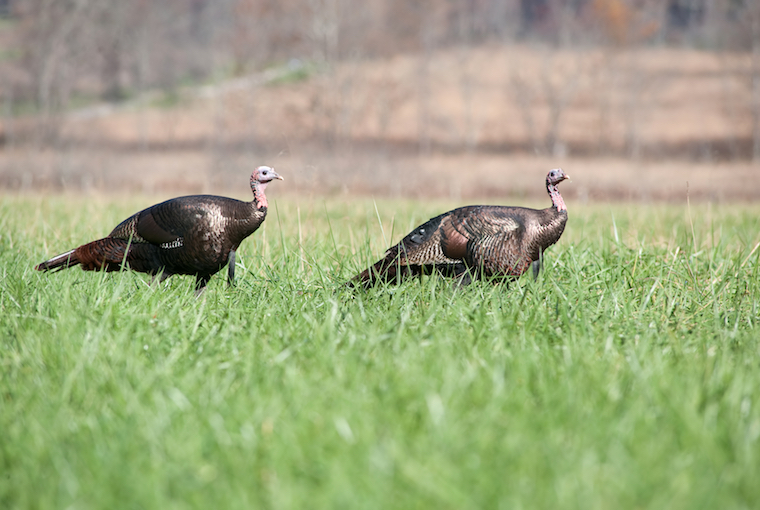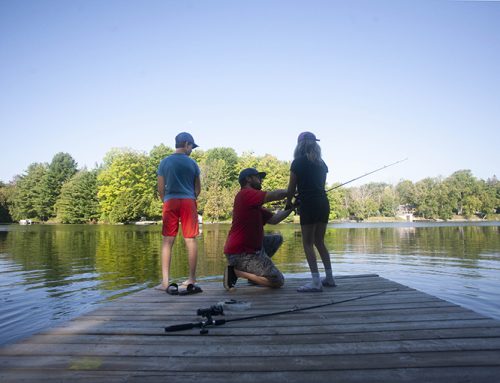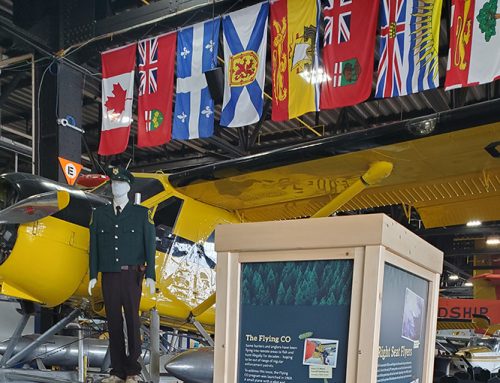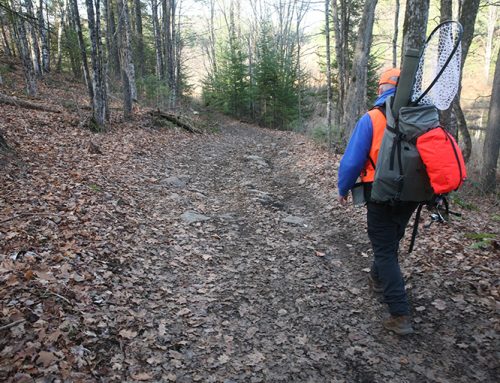
While many wild turkeys tested positive for West Nile Virus (WNV) as part of a recent study partially funded by the Ontario Federation of Anglers and Hunters (OFAH), many of the birds were also found to be resistant to the infection.
In the spring of 2019, participating hunters from Ontario and Quebec provided researchers with 213 wild turkey blood samples. Of those, 95 tested positive for WNV, and 29 for flavivirus, which is likely derived from WNV.
Turkeys ‘quite resistant’
“Conclusions are that wild turkeys are able to be infected/exposed but appear quite resistant to the full-blown disease and death,” said University of Guelph Visiting Researcher Dr. Amanda MacDonald. “But also that WNV-carrying mosquitoes are obviously out there for that many to be exposed.”
Participating hunters were provided with a paper to soak up a blood sample from harvested birds and then asked to mail samples to researchers.
Hunters provided sample methods
Researchers aren’t able to differentiate between birds that developed WNV and those that were merely exposed to it.
“To be exposed, they would have been bitten by an infected mosquito, but fought it off, so in a sense infected, but didn’t develop the disease. So, if we got a positive, they were infected at some point, developed the antibodies, and fought it off,” MacDonald said.
The study is also examining WNV’s impact on ruffed grouse. American researchers have found the virus is affecting grouse numbers in many states. Of the 207 ruffed grouse submitted in fall 2018, five tested positive for WNV and 18 for flavivirus.
Too early to tell
MacDonald said it’s too early to say if WNV is impacting grouse here. Many of the grouse sampled were from northern Ontario and Quebec. MacDonald has not yet cross-referenced the prevalence of WNV-positive mosquitoes in more northern areas. She hopes to get more birds to test from the south.
When asked if consumption might be an issue, MacDonald also said, “There is no evidence that WNV can be transmitted to humans by consuming a previously exposed bird as long as the meat is cooked properly.”
The OFAH Small Game Committee worked on getting the study off the ground, which launched in the fall of 2018. The Ruffed Grouse Society of Canada and Canadian Wild Turkey Federation quickly came on board. The Canadian Wildlife Health Cooperative is also a partner.
To find out how to take part in the ongoing study, contact MacDonald at [email protected].






Leave A Comment